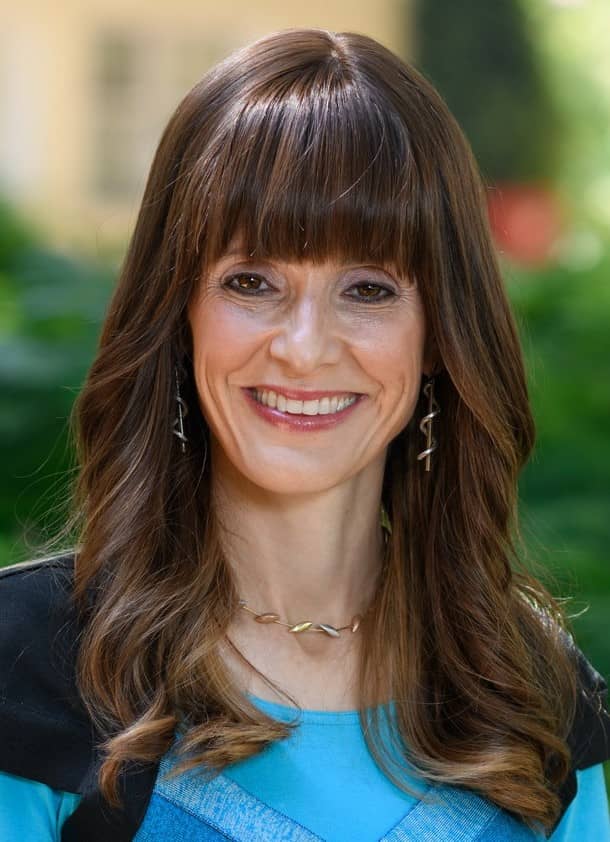Speakers 2021
We are honored to have guest speakers that represent top authorities in their fields for the 2021 themes. The first theme and event for 2021, Massive MIMO (R)evolution?, will be covering potentially revolutionary MIMO solutions, such as Holographic Radio, and evolutionary solutions, such as Cell-Free MIMO, Media-Based Modulations and Intelligent Reconfigurable Surfaces.
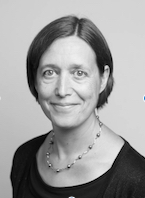
Liesbet Van der Perre
KU Leuven
Massive MIMO for future wireless networks: about scalability and sustainability
Click here for abstractLiesbet Van der Perre is Professor at the department of Electrical Engineering at the KU Leuven in Belgium and guest Professor at the University of Lund in Sweden. She received her Ph.D. degree from the KU Leuven in 1997. Dr. Van der Perre was with the nano-electronics research institute imec in Belgium from 1997 till 2015 where she took up responsibilities from system architect to director of the wireless program. She was appointed honorary doctor at Lund University, Sweden, in 2015.
Prof. L. Van der Perre’s main research interests are in wireless communication and embedded connected systems, with a focus on energy efficient solutions for IoT and (beyond) 5G systems. She has (co-)authored over 300 scientific papers including 4 books. Liesbet Van der Perre has been serving as a scientific and technological advisor for companies, institutes, and funding agencies. She is a member of the Board of Directors of the company Zenitel since 2015 and Crescent since 2019.
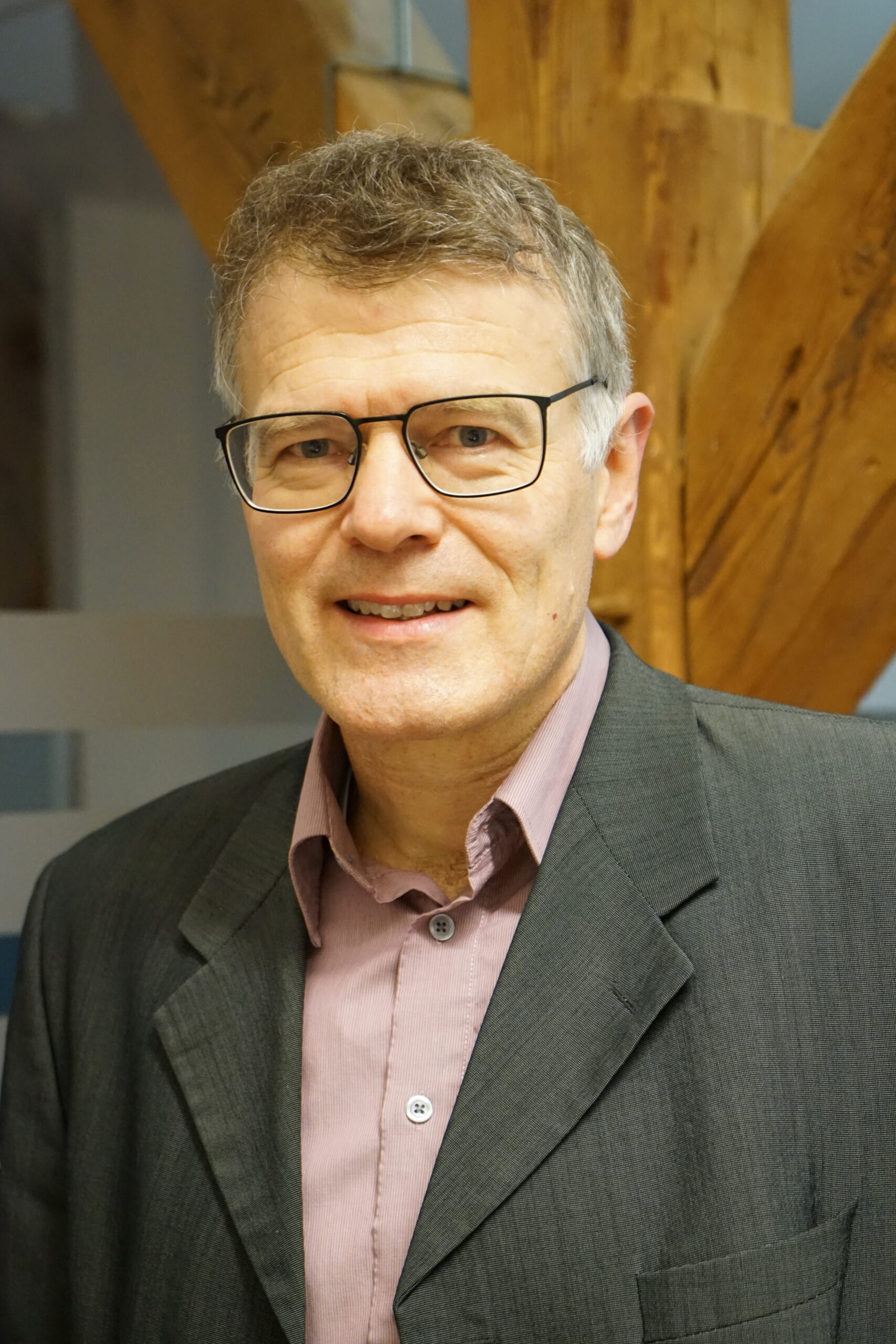
Robert Schober
FAU
Physics-based Modeling and Scalable Optimization of Large Intelligent Reflecting Surfaces
Click here for abstractRobert Schober (S’98, M’01, SM’08, F’10) received the Diplom (Univ.) and the Ph.D. degrees in electrical engineering from Friedrich-Alexander University of Erlangen-Nuremberg (FAU), Germany, in 1997 and 2000, respectively. From 2002 to 2011, he was a Professor and Canada Research Chair at the University of British Columbia (UBC), Vancouver, Canada. Since January 2012 he is an Alexander von Humboldt Professor and the Chair for Digital Communication at FAU. His research interests fall into the broad areas of Communication Theory, Wireless Communications, and Statistical Signal Processing.
Robert received several awards for his work including the 2002 Heinz Maier¬ Leibnitz Award of the German Science Foundation (DFG), the 2004 Innovations Award of the Vodafone Foundation for Research in Mobile Communications, a 2006 UBC Killam Research Prize, a 2007 Wilhelm Friedrich Bessel Research Award of the Alexander von Humboldt Foundation, the 2008 Charles McDowell Award for Excellence in Research from UBC, a 2011 Alexander von Humboldt Professorship, a 2012 NSERC E.W.R. Stacie Fellowship, and a 2017 Wireless Communications Recognition Award by the IEEE Wireless Communications Technical Committee. Since 2017, he has been listed as a Highly Cited Researcher by the Web of Science. Robert is a Fellow of the Canadian Academy of Engineering, a Fellow of the Engineering Institute of Canada, and a Member of the German National Academy of Science and Engineering.
From 2012 to 2015, he served as Editor-in-Chief of the IEEE Transactions on Communications. Currently, he serves as Member of the Editorial Board of the Proceedings of the IEEE and as VP Publications for the IEEE Communication Society (ComSoc).
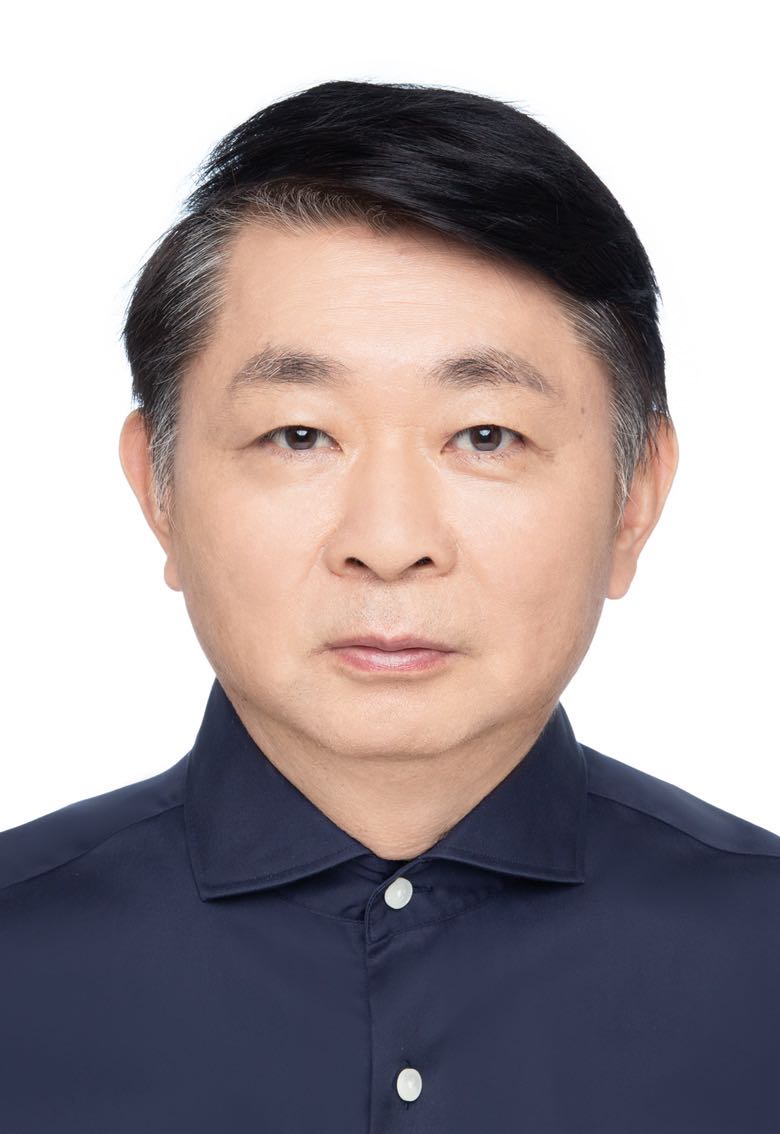
Geoffrey Ye Li
Imperial College London
Geoffrey Ye Li has been a Chair Professor at Imperial College London, UK, since 2020. Before moving to Imperial, he was with Georgia Institute of Technology in Georgia, USA, as a Professor for twenty years and with AT&T Labs - Research in New Jersey, USA, as a Principal Technical Staff Member for five years. His general research interests include statistical signal processing and machine learning for wireless communications. In the related areas, he has published over 500 journal and conference papers in addition to over 40 granted patents. His publications have been cited over 45,000 times and he has been recognized as a Highly Cited Researcher, by Thomson Reuters, almost every year.
Dr. Geoffrey Ye Li was awarded IEEE Fellow for his contributions to signal processing for wireless communications in 2005. He won several prestigious awards from IEEE Signal Processing Society (Donald G. Fink Overview Paper Award in 2017), IEEE Vehicular Technology Society (James Evans Avant Garde Award in 2013 and Jack Neubauer Memorial Award in 2014), and IEEE Communications Society (Stephen O. Rice Prize Paper Award in 2013, Award for Advances in Communication in 2017, and Edwin Howard Armstrong Achievement Award in 2019). He also received the 2015 Distinguished ECE Faculty Achievement Award from Georgia Tech
He has been involved in editorial activities for over 20 technical journals, including the founding Editor-in-Chief of IEEE JSAC Special Series on ML in Communications and Networking. He has organized and chaired many international conferences, including technical program vice-chair of the IEEE ICC’03, general co-chair of the IEEE GlobalSIP’14, the IEEE VTC’19 (Fall), and the IEEE SPAWC’20.
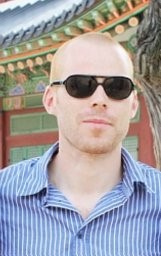
Fredrik Rusek
Lund University
Tradeoff between antenna complexity and CPU interconnection bandwidth in distributed MIMO systems: The WAX matrix decomposition
Click here for abstractFredrik Rusek received the Ph.D. degree in communication theory in 2007 from Lund University, Sweden. Since then he has remained at Lund University, currently as associate Professor. In 2011-2014 he was 50% with Huawei in Lund, and from 2017 and onwards, he splits his time between Lund University and Sony Corporation.
His research interests include communication theory and applied information theory.
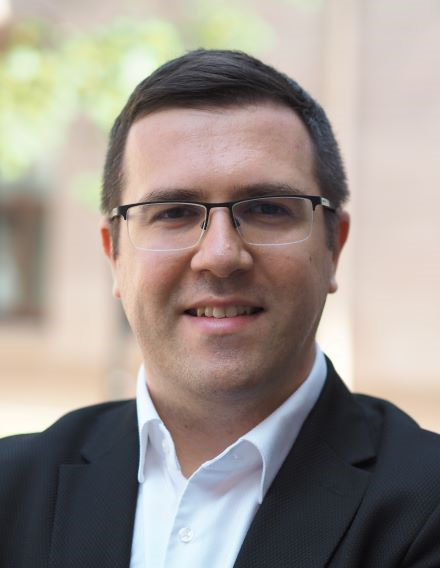
Ertuğrul Basar
Koç University
From Media-Based Modulation to Reconfigurable Intelligent Surfaces: Potential Candidates for 6G
Click here for abstractErtugrul Basar received the B.S. degree with highest honors from Istanbul University, Turkey, in 2007, and the M.S. and Ph.D. degrees from Istanbul Technical University, Turkey, in 2009 and 2013, respectively. From 2011 to 2012, he was with the Department of Electrical Engineering, Princeton University, Princeton, NJ, USA, as a Visiting Research Collaborator. He is currently an Associate Professor with the Department of Electrical and Electronics Engineering, Koç University, Istanbul, Turkey and the director of Communications Research and Innovation Laboratory (CoreLab). His primary research interests include beyond 5G and 6G wireless networks, MIMO systems, index modulation, reconfigurable intelligent surfaces, waveform design, visible light communications, and signal processing for communications. He is the author/co-author of 150 journal and conference publications that received more than 5K citations. He also holds eight patents (granted/applied).
Recent recognition of his research includes the IEEE Communications Society Best Young Researcher Award for the Europe, Middle East, and Africa Region in 2020, Science Academy (Turkey) Young Scientists Award in 2018, Turkish Academy of Sciences Outstanding Young Scientist Award in 2017, and the first-ever IEEE Turkey Research Encouragement Award in 2017.
Dr. Basar currently serves as a Senior Editor of the IEEE Communications Letters and an Editor of the IEEE Transactions on Communications and Frontiers in Communications and Networks. He is the Academic Chair of the newly established IEEE ComSoc Emerging Technologies Initiative on “Reconfigurable Intelligent Surfaces”. He is a Senior Member of IEEE since 2016.
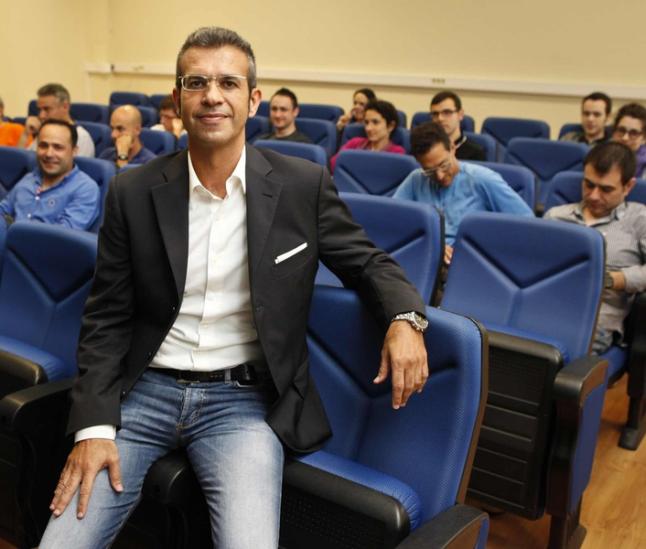
Andrea Massa
ELEDIA - University of Trento
Beyond the Curse of LoS - Towards a Smart EM Environment for New generation Wireless Systems
Click here for abstractAndrea Massa (IEEE Fellow, IET Fellow, Electromagnetic Academy Fellow) he has been a Full Professor of Electromagnetic Fields @ University of Trento since 2005.
At present, Prof. Massa is the director of the network of federated laboratories "ELEDIA Research Center" located in Brunei, China, Czech, France, Greece, Italy, Japan, Perù, Tunisia with more than 150 researchers. Moreover, he is holder of a Chang-Jiang Chair Professorship @ UESTC (Chengdu – China), Professor @ CentraleSupélec (Paris - France), and Visiting Professor @ Tsinghua (Beijing - China). He has been holder of a Senior DIGITEO Chair at L2S-CentraleSupélec and CEA LIST in Saclay (France), UC3M-Santander Chair of Excellence @ Universidad Carlos III de Madrid (Spain), Adjunct Professor at Penn State University (USA), Guest Professor @ UESTC (China), and Visiting Professor at the Missouri University of Science and Technology (USA), the Nagasaki University (Japan), the University of Paris Sud (France), the Kumamoto University (Japan), and the National University of Singapore (Singapore). He has been appointed IEEE AP-S Distinguished Lecturer (2016-2018) and served as Associate Editor of the "IEEE Transaction on Antennas and Propagation" (2011-2014).
His research activities are mainly concerned with inverse problems, antenna analysis/synthesis, radar systems and signal processing, cross-layer optimization and planning of wireless/RF systems, system-by-design and material-by-design (metamaterials and reconfigurable-materials), and theory/applications of optimization techniques to engineering problems (coms, medicine, and biology).
Prof. Massa published more than 700 scientific publications among which more than 350 on international journals (> 12.000 citations – h-index = 55 [Scopus]; > 9.500 citations – h-index = 48 [ISI-WoS]; > 20.000 citations – h-index = 80 [Google Scholar]) and more than 500 in international conferences where he presented more than 200 invited contributions (> 35 invited keynote speaker) (www.eledia.org/publications). He has organized more than 100 scientific sessions in international conferences and has participated to several technological projects in the European framework (>20 EU Projects) as well as at the national and local level with national agencies (>300 Projects/Grants).
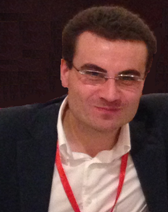
Marco Di Renzo
CNRS; CentraleSupélec; Paris-Saclay University
Mutual-Coupling Aware Communication Models for Reconfigurable Intelligent Surfaces
Click here for abstract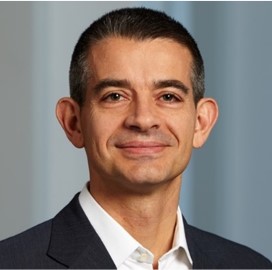
Luca Benini
Luca Benini holds the chair of digital Circuits and systems at ETHZ and is Full Professor at the Universita di Bologna.
Dr. Benini's research interests are in energy-efficient parallel computing systems, smart sensing micro-systems and machine learning hardware. He has published more than 1000 peer-reviewed papers and five books.
He is a Fellow of the IEEE, of the ACM and a member of the Academia Europaea. He received the IEEE CAS Mac Van Valkenburg award (2016), the EDAA Achievement Award (2020) and the ACM/IEEE A. Richard Newton Award (2020).
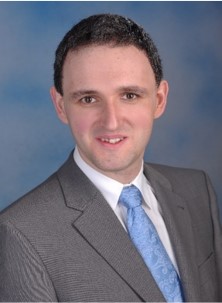
Ilia Polian
Stochastic Computing: Towards Enabling Rich Applications in Constrained Systems
Click here for abstractIlia Polian is a Full Professor and the Director of the Institute for Computer Architecture and Computer Engineering at the University of Stuttgart, Germany. He received his Diplom (MSc) and PhD degrees from the University of Freiburg, Germany, in 1999 and 2003, respectively.
Prof. Polian co-authored over 200 scientific publications and received two Best Paper Awards. He is a Senior Member of IEEE. Prof. Polian is the Speaker of DFG’s Priority Program 2253 “Nano Security” and a Director of Gradute School “Intelligent Methods for Test and Reliablity” in Stuttgart (funded by Advantest). His scientific interest include hardware-oriented security, emerging architectures, test methods, and quantum computing.
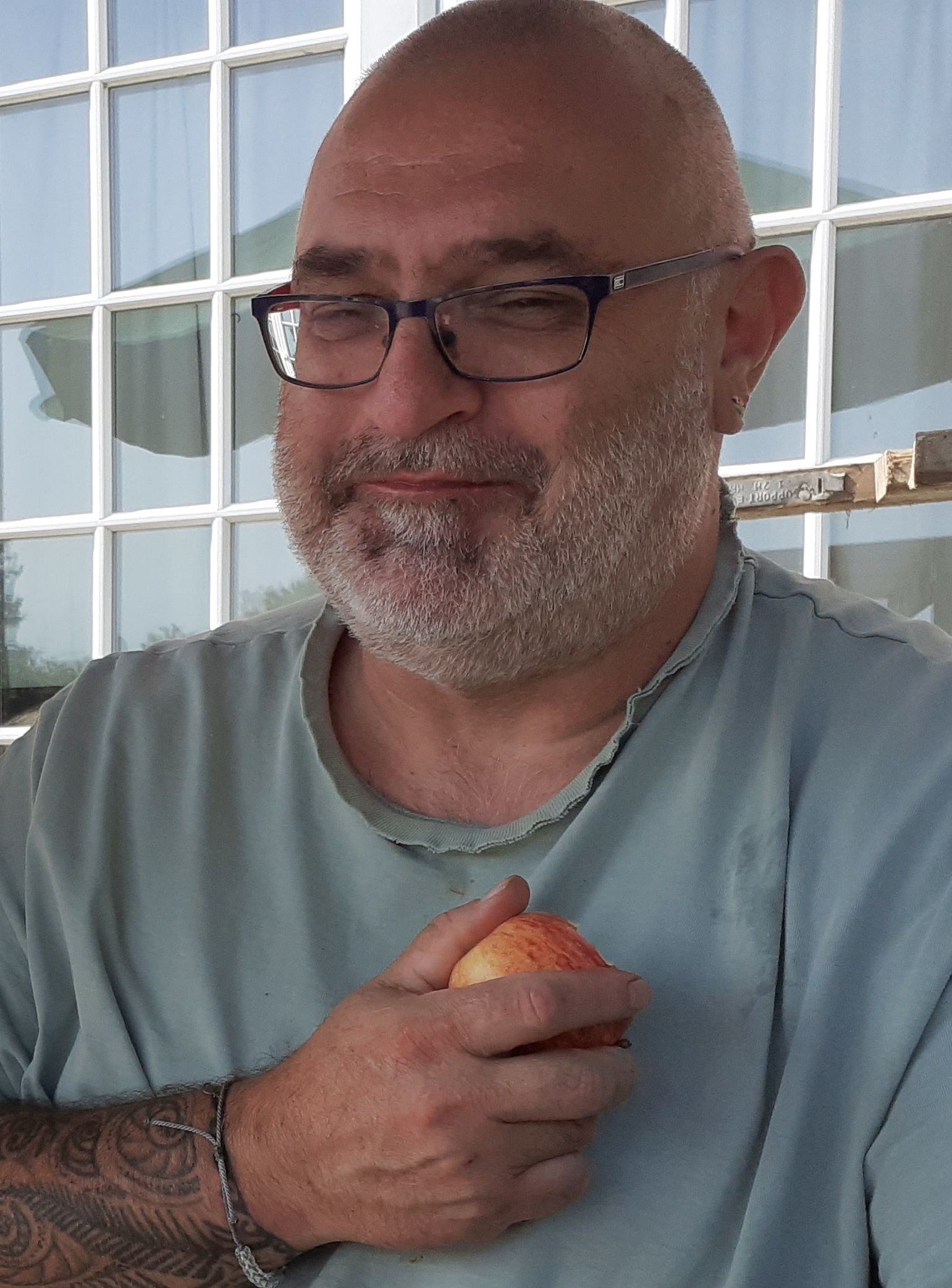
Tim Wilkinson
Tim Wilkinson is the Professor of Photonic Engineering at the University of Cambridge and a Fellow of Jesus College. He has had a long-term research interest into the applications of holograms, optical information processing, liquid crystal (LC) devices, nanophotonics and related applications.
His group has been working on the next generation applications of optical phase modulators such as 3D holography, optical information processing and correlation, fibre mode endoscopy and additive manufacturing. He is also interested in the devices that are used to implement these types of systems and how effects such as plasmonic resonance in metallic nano-rods can be incorporated into new pixel designs.
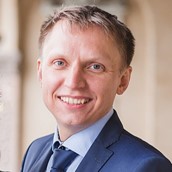
Elias Jarlebring
Elias Jarlebring is currently an associate professor in the numerical analysis group of the department of mathematics, KTH, Stockholm. He obtained his PhD degree at TU Braunschweig, Germany in 2008 and worked as a post-doctoral researcher at computer science department of KU Leuven, Belgium during 2008-2011.
For his research accomplishments, he was in 2014 awarded the Göran Gustafsson prize for junior researchers and in 2011 the Dahlquist research fellowship. His research is focused on numerical linear algebra and scientific computing. He develops linear algebra algorithms and software to solve problems from various fields in science and technology, in particular, systems and control, acoustics, electromagnetics, data science, quantum mechanics and quantum chemistry.
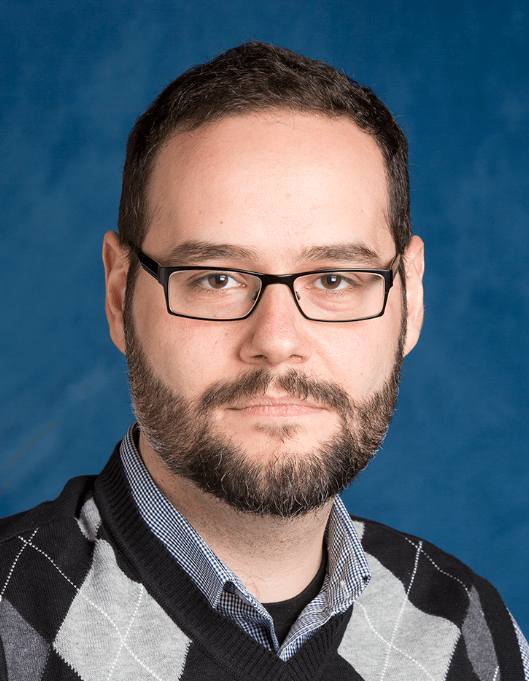
Christos Masouros
UCL
Integrated Sensing and Communications: Towards a Multi-Functional Wireless Network
Click here for abstractChristos Masouros (SMIEEE, MIET) received the Diploma degree in Electrical and Computer Engineering from the University of Patras, Greece, in 2004, and MSc by research and PhD in Electrical and Electronic Engineering from the University of Manchester, UK in 2006 and 2009 respectively. In 2008 he was a research intern at Philips Research Labs, UK. Between 2009-2010 he was a Research Associate in the University of Manchester and between 2010-2012 a Research Fellow in Queen's University Belfast. In 2012 he joined University College London as a Lecturer. He has held a Royal Academy of Engineering Research Fellowship between 2011-2016.
Since 2019 he is a Full Professor of Signal Processing and Wireless Communications in the Information and Communication Engineering research group, Dept. Electrical and Electronic Engineering, and affiliated with the Institute for Communications and Connected Systems, University College London. His research interests lie in the field of wireless communications and signal processing with particular focus on Green Communications, Large Scale Antenna Systems, Integrated Sensing and Communications, interference mitigation techniques for MIMO and multicarrier communications. He was the recipient of the Best Paper Awards in the IEEE GlobeCom 2015 and IEEE WCNC 2019 conferences, and has been recognised as an Exemplary Editor for the IEEE Communications Letters, and as an Exemplary Reviewer for the IEEE Transactions on Communications. He is an Editor for IEEE Transactions on Communications, IEEE Transactions on Wireless Communications, the IEEE Open Journal of Signal Processing, and Editor-at-Large for IEEE Open Journal of the Communications Society. He has been an Associate Editor for IEEE Communications Letters, and a Guest Editor for a number of IEEE Journal on Selected Topics in Signal Processing issues. He is a founding member and Vice-Chair of the IEEE Emerging Technology Initiative on Integrated Sensing and Communications, Vice Chair of the IEEE Special Interest Group on Integrated sensing and communications (ISAC), and Chair of the IEEE Special Interest Group on Energy Harvesting Communication Networks.
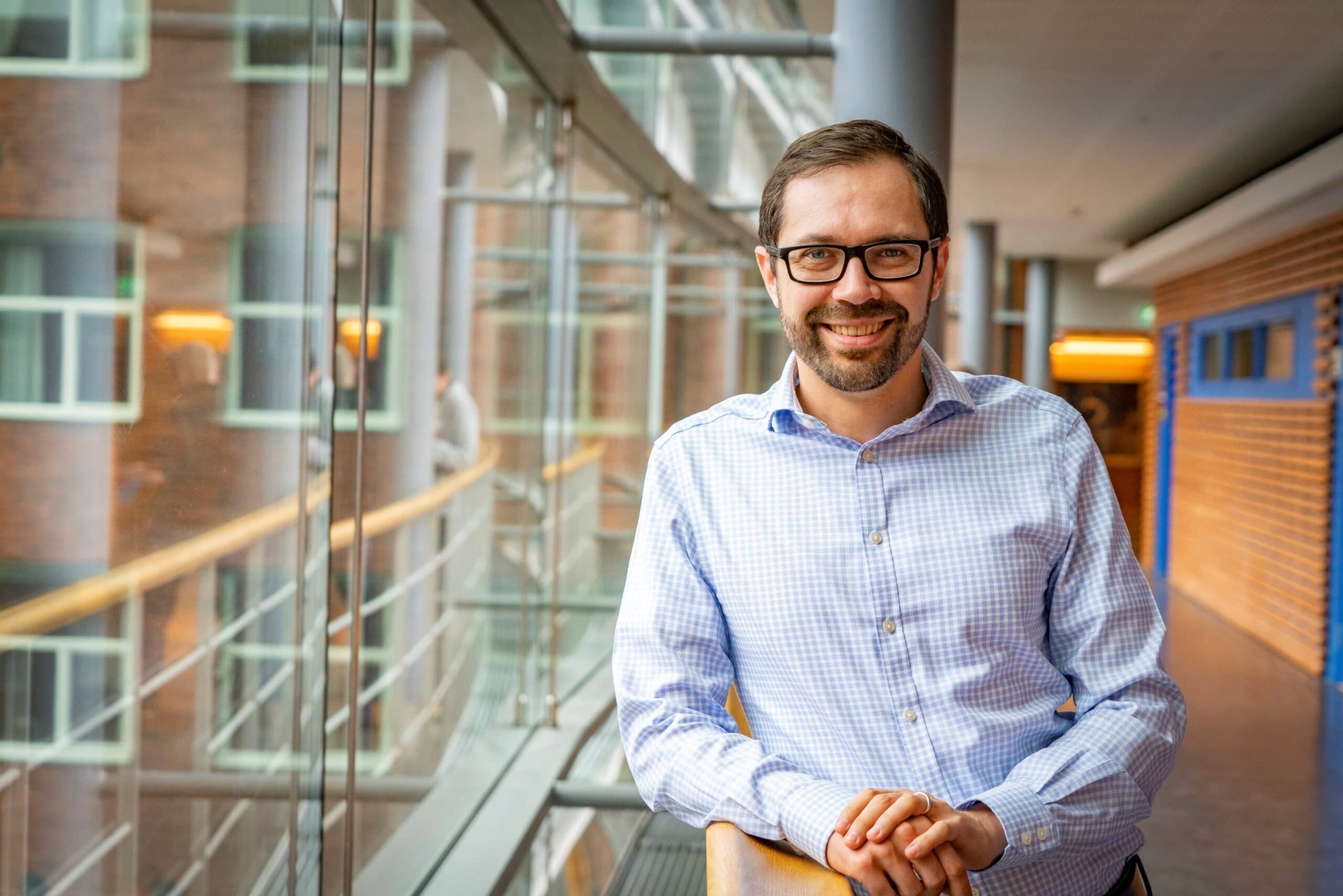
Henk Wymeersch
Chalmers
LoS and beyond LoS localization and sensing assisted by Reconfigurable Intelligent Surfaces (RIS)
Click here for abstract